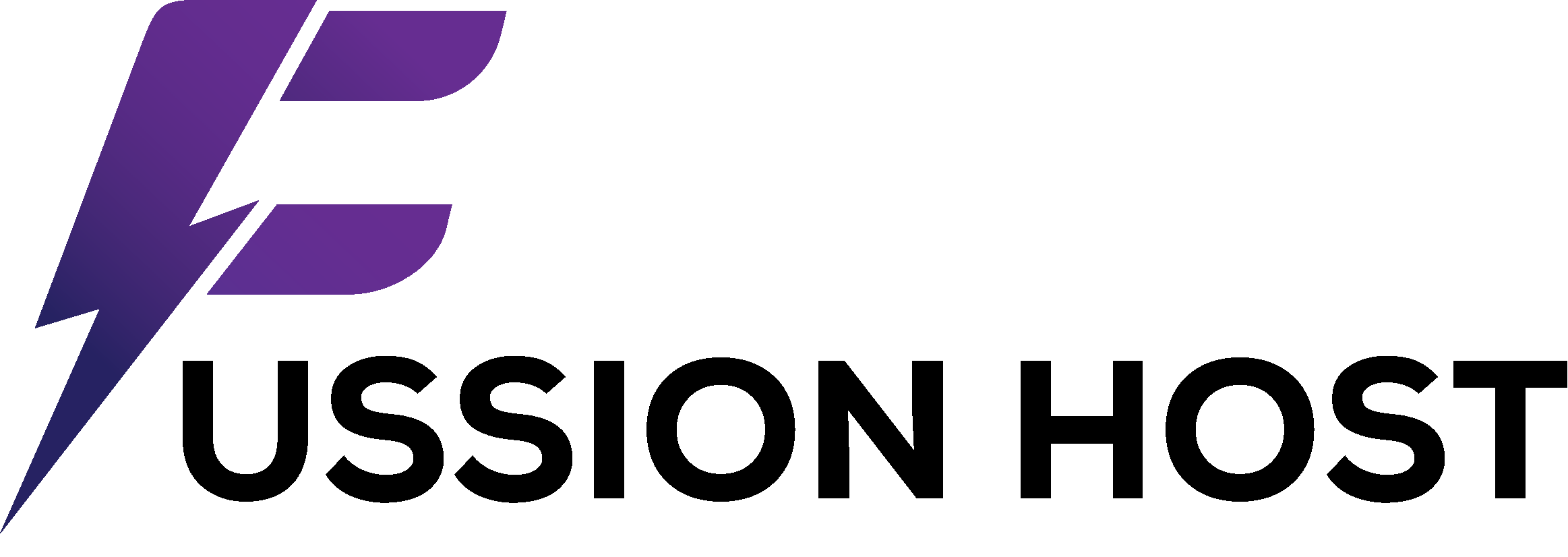The web hosting landscape continuously evolves. It’s driven by an insatiable demand for faster, more reliable, and more secure online experiences. In 2025, Artificial Intelligence (AI) is no longer a futuristic concept. Instead, it’s a vital operational imperative. For hosting providers managing vast infrastructures and diverse client needs, AI tools offer unprecedented opportunities. They enhance efficiency, reduce costs, and deliver superior service.
From predictive analytics that prevent downtime to intelligent chatbots resolving customer queries instantly, AI empowers hosting providers to operate smarter, not just harder. Embracing these technologies is not merely an advantage. It’s a necessity for staying competitive and meeting the escalating expectations of modern users.
Here are the top 5 AI tools every hosting provider should be integrating into their operations right now.
1. AI-Powered Server Monitoring & Predictive Maintenance
Traditional server monitoring is reactive. It alerts staff only after an issue has occurred. Conversely, AI revolutionizes this by introducing predictive analytics and real-time anomaly detection.
- How it Works: These tools analyze vast datasets. This includes server logs, performance metrics (CPU, RAM, disk I/O), and network traffic. Subsequently, machine learning algorithms identify subtle patterns and deviations from normal behavior. These patterns indicate an impending issue, long before it escalates into a major problem or outage.
- Benefits for Hosting Providers:
- Proactive Downtime Prevention: AI predicts hardware failures (e.g., failing hard drives, power supply issues) or software bottlenecks. Consequently, maintenance teams can intervene during off-peak hours.
- Optimized Resource Allocation: AI forecasts future resource demands based on traffic patterns. This enables dynamic scaling. It also prevents over-provisioning or under-provisioning of server resources.
- Reduced False Positives: Intelligent systems differentiate between harmless fluctuations and genuine threats. Therefore, they significantly reduce alert noise. This allows administrators to focus on critical issues.
- Examples of AI Capabilities: Solutions that offer AI-driven root cause analysis precisely pinpoint the origin of performance degradation across complex systems. Other capabilities include AI-optimized energy usage in data centers.
2. AI Chatbots & Conversational AI for Customer Support
Customer support is a major cost center. It’s also a critical differentiator for hosting providers. AI-powered chatbots and conversational AI are transforming how inquiries are handled.
- How it Works: These tools leverage Natural Language Processing (NLP) to understand customer queries. They provide instant, accurate answers to FAQs. Furthermore, they guide users through troubleshooting steps. Advanced bots can integrate with knowledge bases, ticketing systems, and even client accounts. This allows them to offer personalized support.
- Benefits for Hosting Providers:
- 24/7 Instant Support: This provides immediate assistance around the clock. Thus, it reduces wait times and improves customer satisfaction.
- Reduced Support Load: It automates responses to common queries (e.g., “How do I reset my cPanel password?”). This frees human agents for complex issues.
- Improved Efficiency: These systems can handle multiple conversations simultaneously. Therefore, no customer is left waiting.
- Data Collection & Insights: Chatbot interactions provide valuable data on common customer pain points. Consequently, this information can inform service improvements.
- Examples of AI Capabilities: Tools that offer generative AI chatbots for more human-like conversations are emerging. Other features include AI assist for agents, which provides suggested responses, and sentiment analysis to gauge customer mood.
3. AI-Powered Cybersecurity & Threat Detection
The threat landscape for web hosts constantly evolves. AI significantly enhances security. It provides intelligent, adaptive defenses against sophisticated attacks.
- How it Works: AI-driven security tools (like AI-powered IDS/IPS or WAFs) continuously analyze network traffic, server logs, and user behavior patterns. They learn what “normal” looks like. Subsequently, they quickly identify anomalies indicative of malware, ransomware, DDoS attacks, zero-day exploits, or account takeovers.
- Benefits for Hosting Providers:
- Proactive Threat Identification: AI detects novel threats and evolving attack patterns. Signature-based systems might miss these.
- Automated Incident Response: These systems can automatically block malicious IPs, quarantine infected files, or isolate compromised servers.
- Reduced False Alarms: AI’s ability to distinguish real threats from benign activity prevents alert fatigue for security teams.
- Vulnerability Management: AI can scan for misconfigurations and vulnerabilities. It then prioritizes patching efforts. Furthermore, it can even automate the application of security fixes. This drastically reduces the attack surface.
- Examples of AI Capabilities: Solutions offering adaptive threat recognition and predictive analytics for zero-day exploits are common. Additionally, behavioral analytics helps in identifying insider threats.
4. AI for Marketing Automation & Personalization
Attracting and retaining customers is crucial. AI can supercharge marketing efforts. It makes them more targeted, efficient, and personalized.
- How it Works: AI analyzes customer data, Browse behavior, purchase history, and engagement patterns. It then segments audiences and predicts customer needs. Subsequently, it automates personalized communications.
- Benefits for Hosting Providers:
- Hyper-Personalization at Scale: AI delivers tailored product recommendations, marketing emails, and website content. These are personalized for individual users, based on their likelihood to convert.
- Smarter Audience Targeting: It identifies high-potential leads. It also optimizes ad spend by targeting users most likely to be interested in specific hosting plans (e.g., dedicated server users versus shared hosting users).
- Automated Content Generation: AI assists in generating marketing copy, blog posts about hosting tips, or social media updates. This improves content velocity.
- Predictive Lead Scoring: AI models can score leads based on their engagement and demographic data. This helps sales teams prioritize their efforts.
- Examples of AI Capabilities: Platforms that offer AI-driven ad optimization are increasingly popular. Others include predictive churn analysis to identify at-risk customers, and automated email sequencing based on user actions.
5. AI for Code Generation & Infrastructure as Code (IaC)
For the technical teams within a hosting provider, AI can streamline development, deployment, and infrastructure management.
- How it Works: AI code generation tools assist in writing scripts for server automation, provisioning, or application deployment. When integrated with Infrastructure as Code (IaC) tools, AI can suggest or even generate configurations for cloud resources, container orchestration (like Kubernetes), or network setups.
- Benefits for Hosting Providers:
- Accelerated Development: This speeds up the creation of automation scripts, custom monitoring agents, or internal tools.
- Reduced Human Error: AI can help ensure IaC configurations are robust and free from common errors.
- Improved Consistency: It ensures standardized deployments across thousands of servers.
- Simplified DevOps: AI facilitates continuous integration/continuous deployment (CI/CD) pipelines by automating more steps in the software delivery lifecycle.
- Examples of AI Capabilities: Tools that integrate with popular IaC platforms (Terraform, Ansible) to provide AI-powered modules or AI assistants for scripting and configuration management.
Conclusion: The Intelligent Future of Hosting
AI is rapidly reshaping every facet of the web hosting industry. It’s moving operations from manual and reactive to intelligent and proactive. By leveraging predictive analytics, intelligent anomaly detection, automated responses, and enhanced security, AI systems are transforming reactive firefighting into proactive management. This revolution delivers unprecedented levels of uptime, resilience, and efficiency. Ultimately, it allows web hosts to provide a superior, more secure service to their clients. As AI technology continues to evolve, we can expect even more self-sufficient and predictive server management systems. This paves the way for truly autonomous hosting infrastructures.

